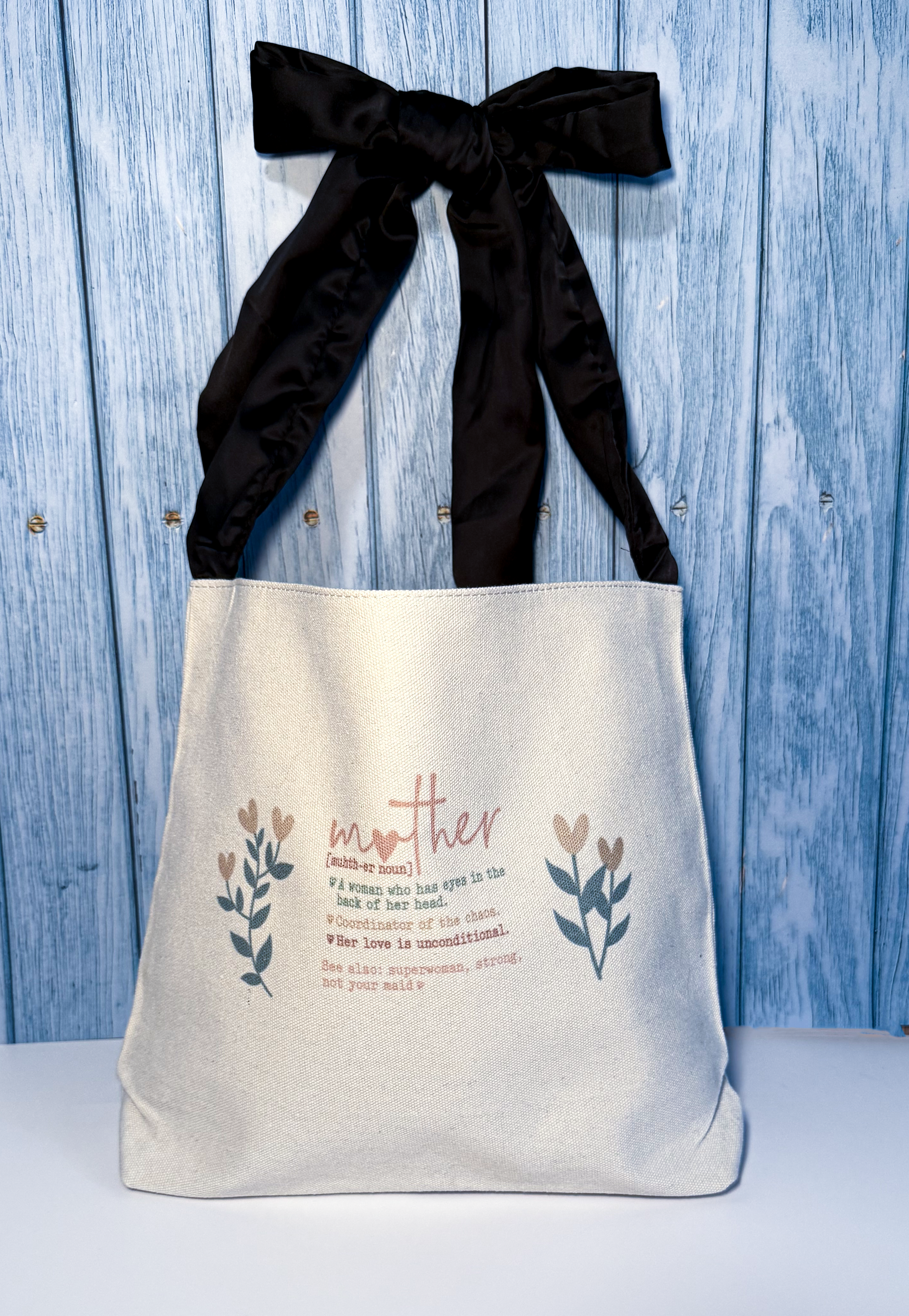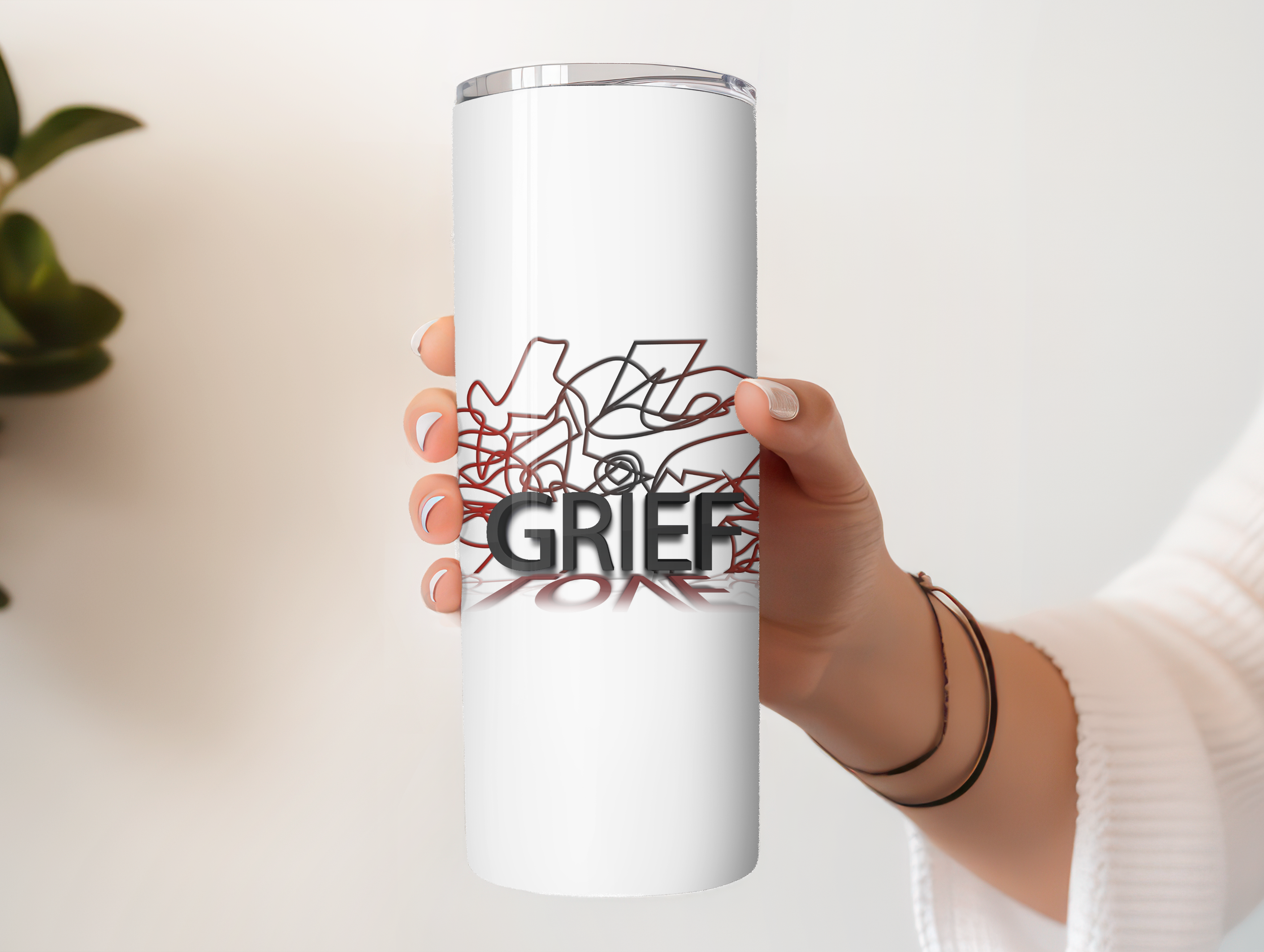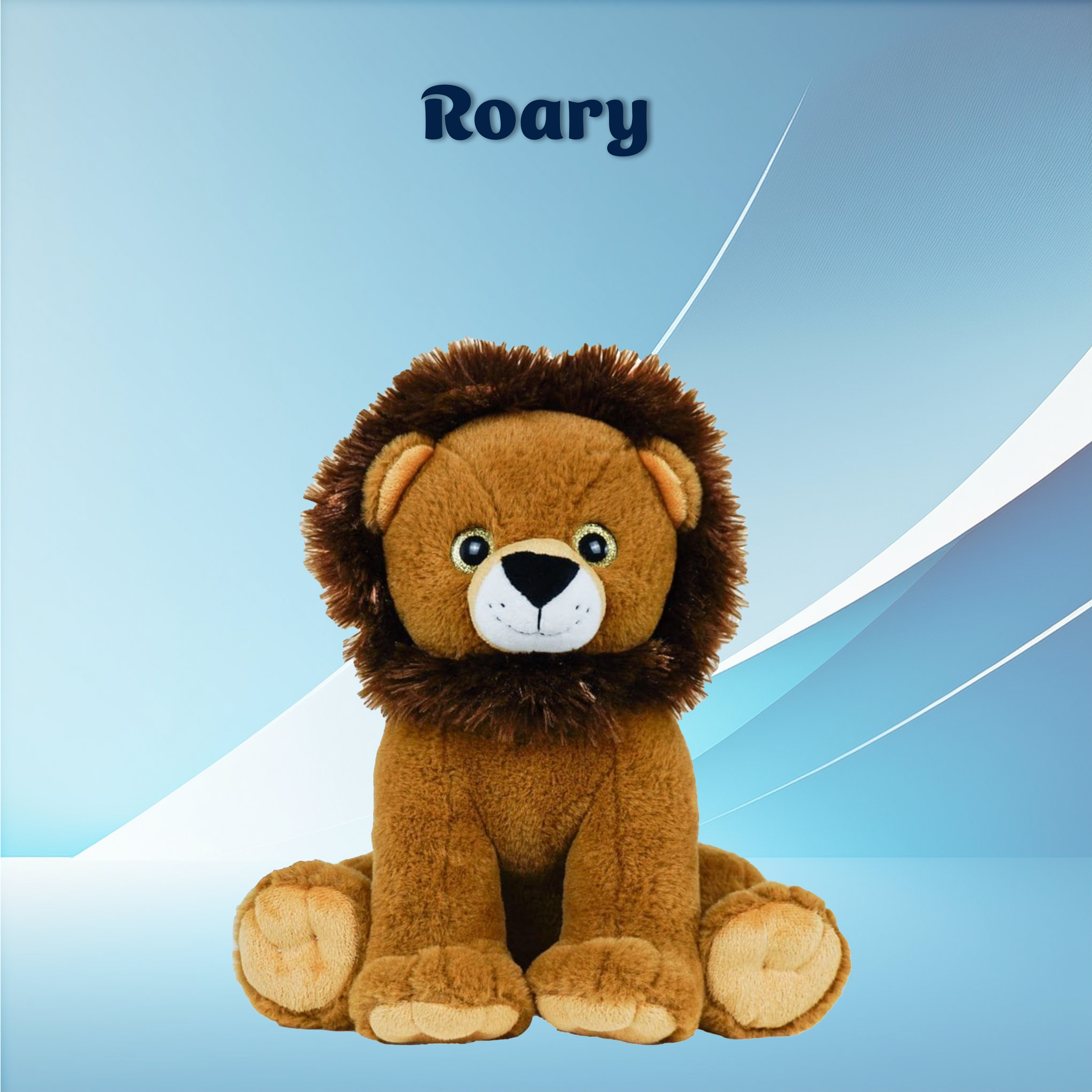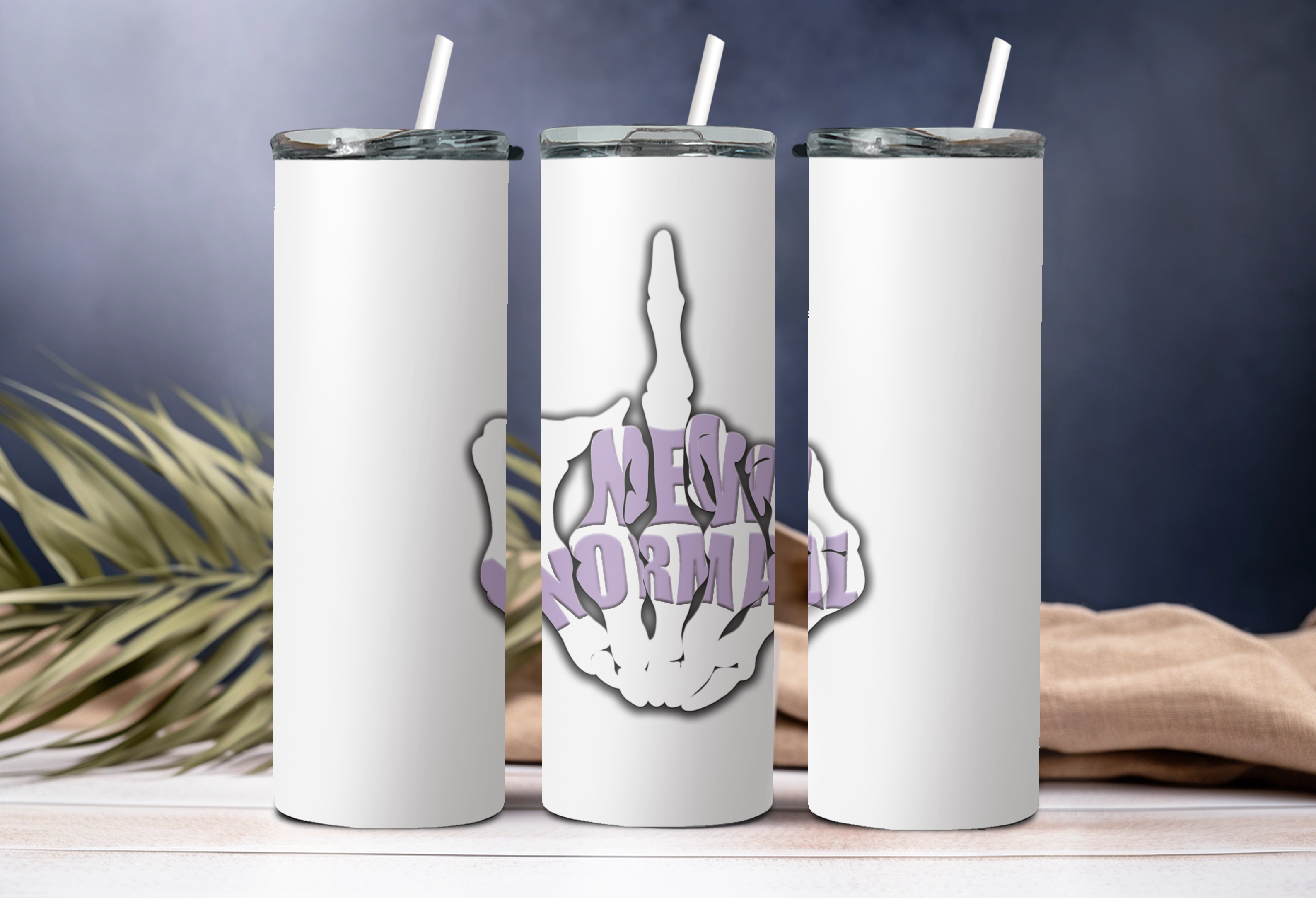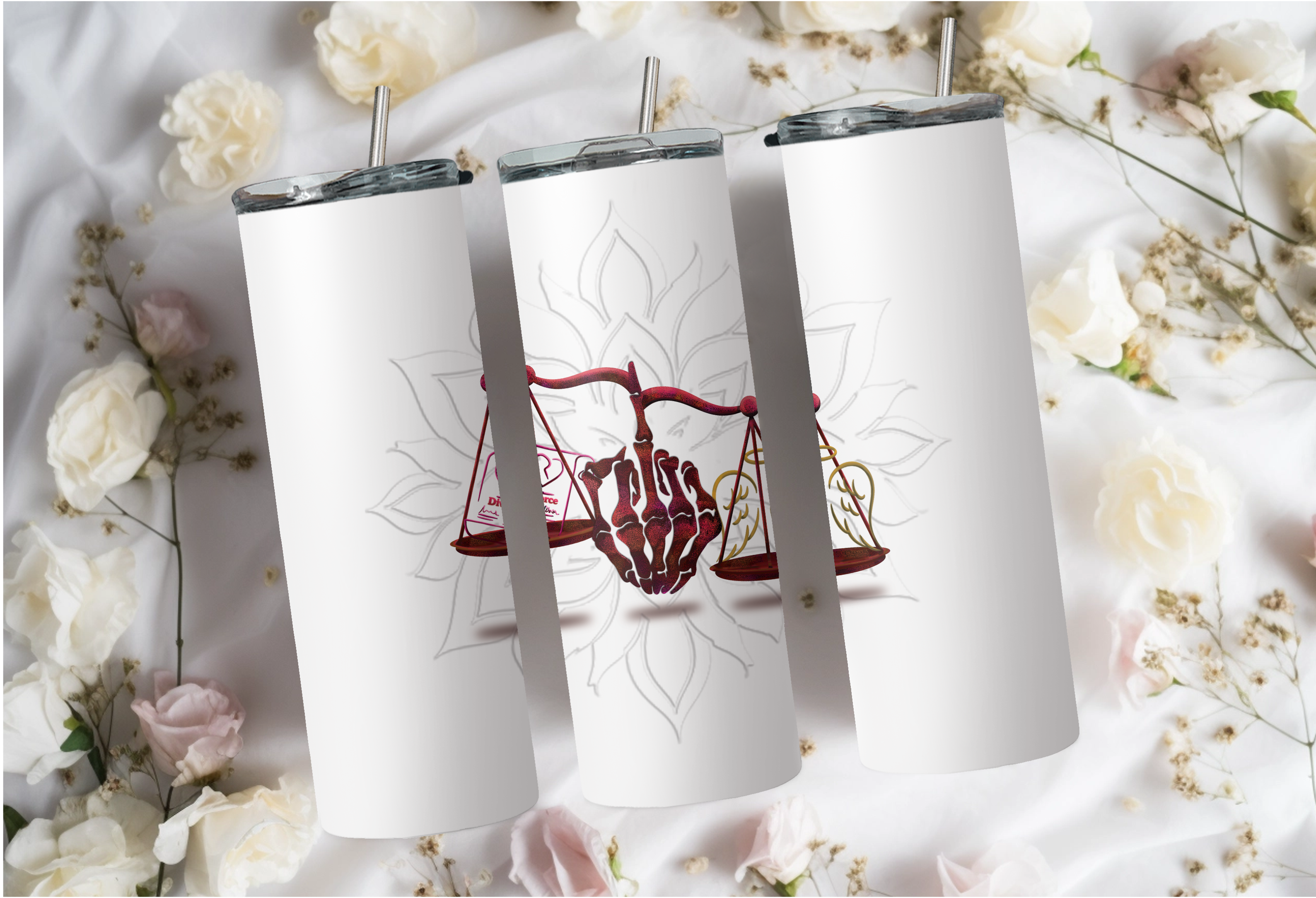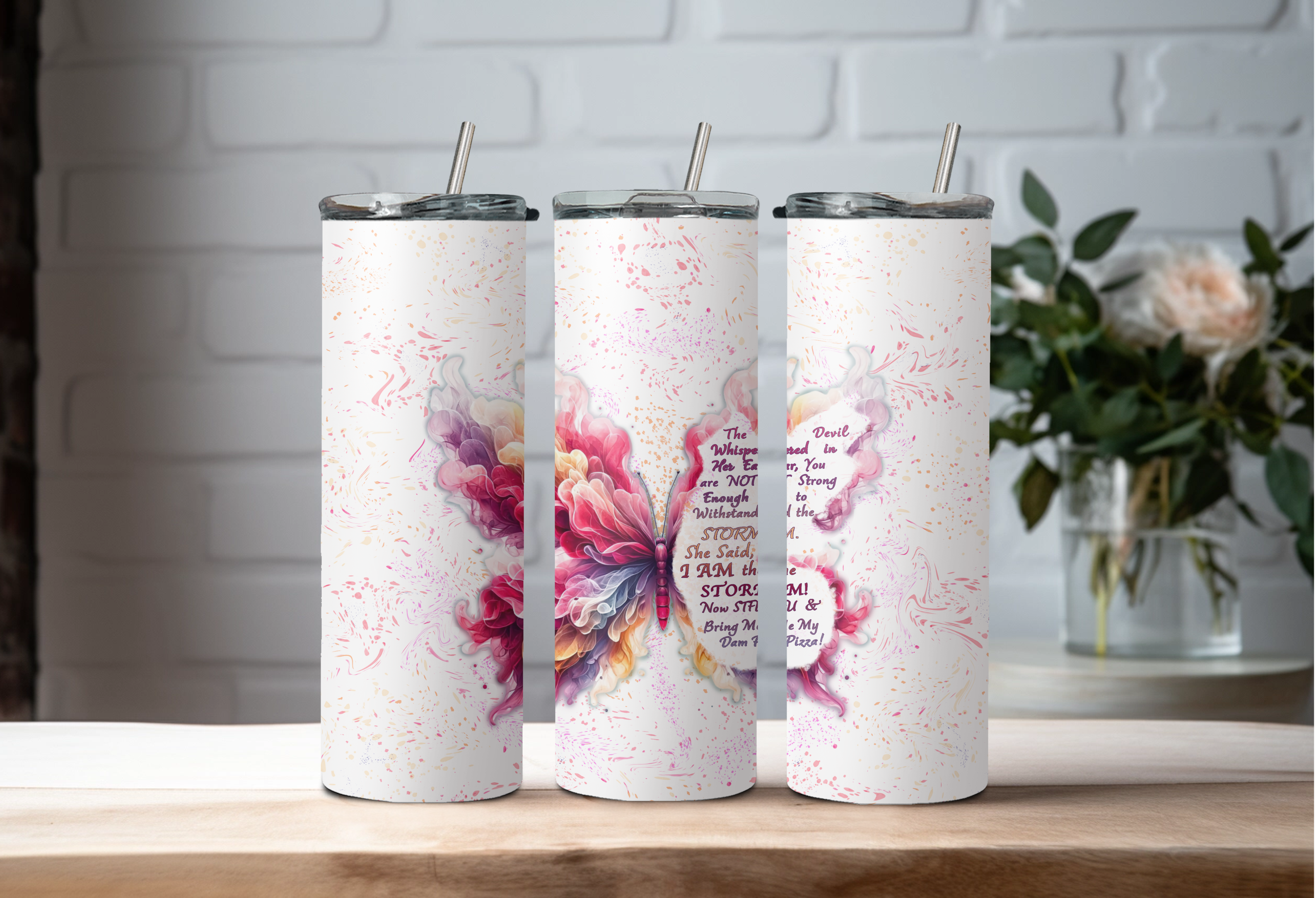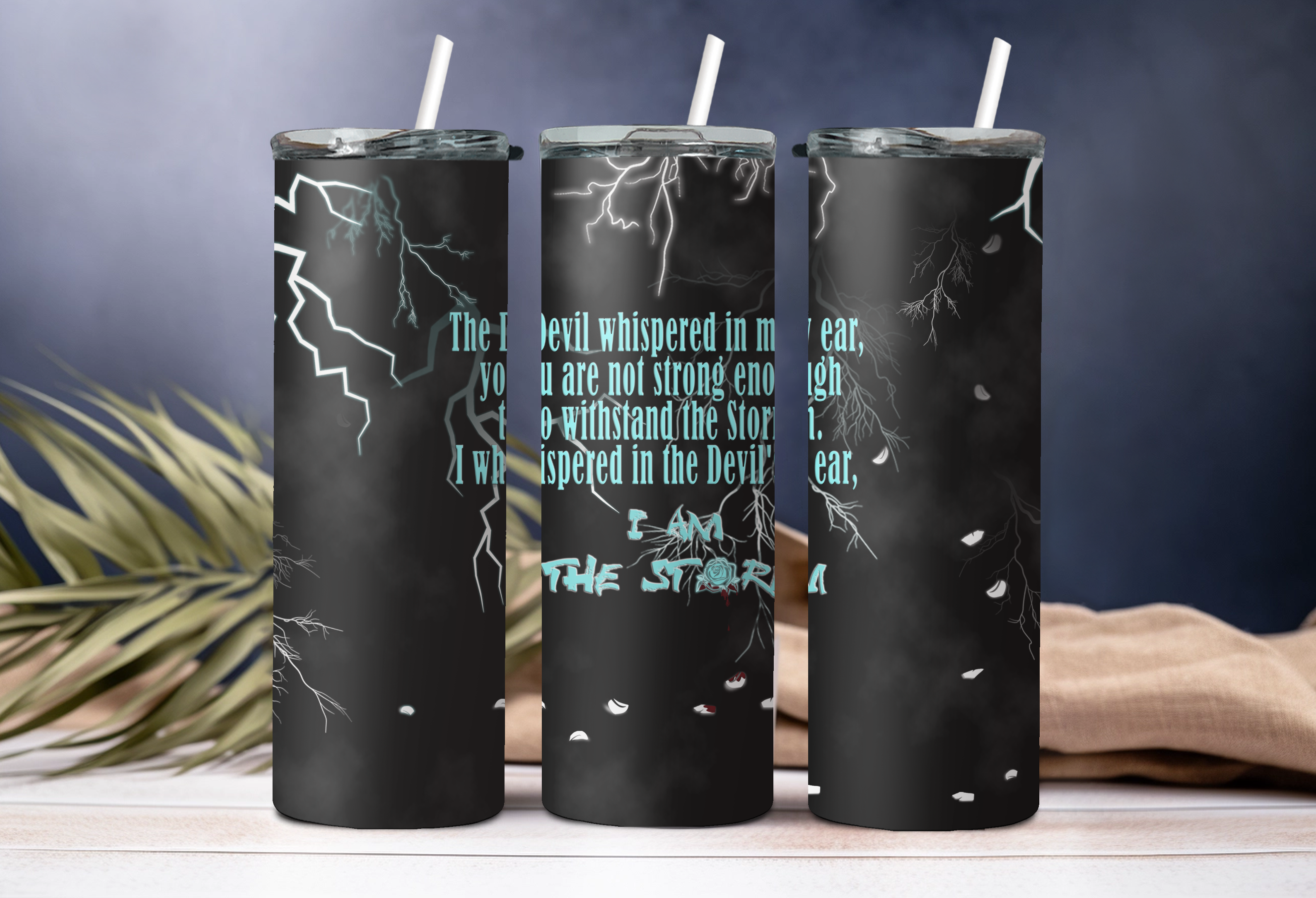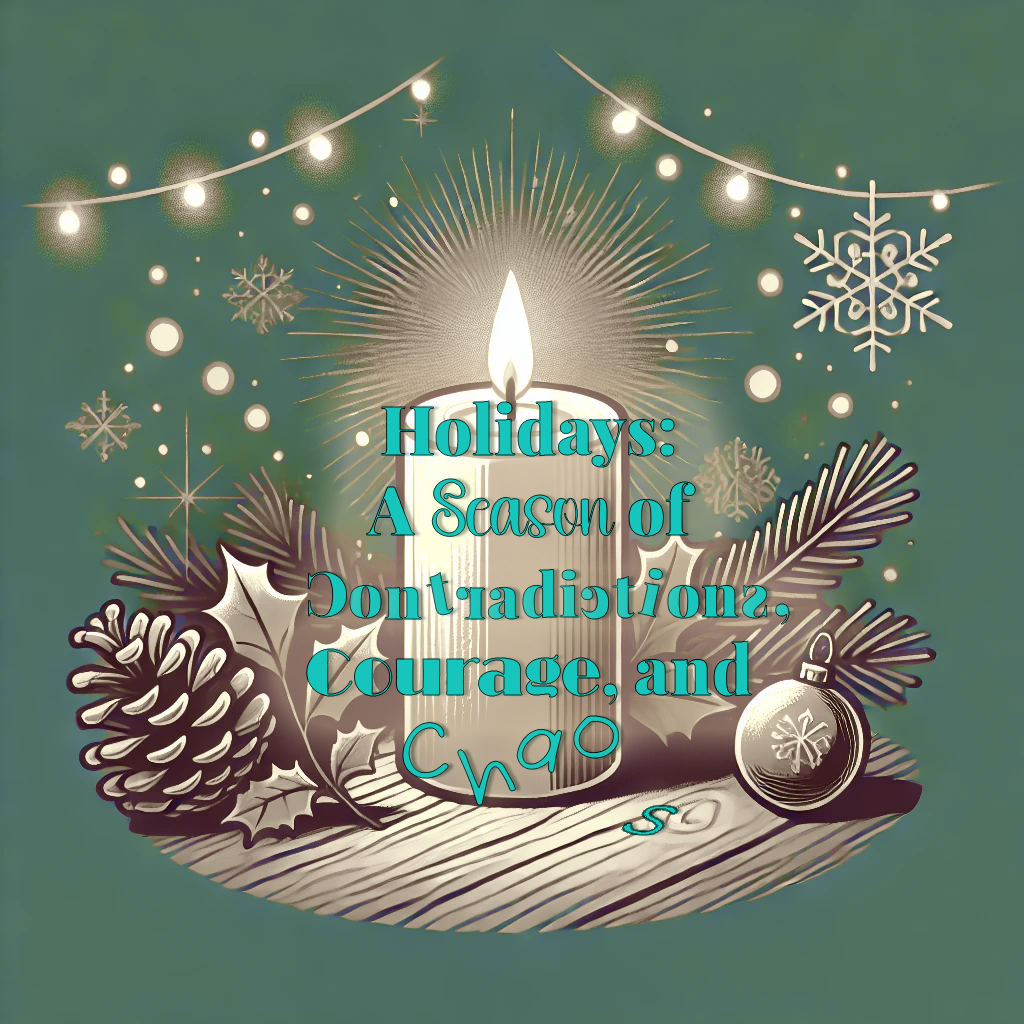By: Alex Fernandez
The holiday season. For some, it’s all twinkling lights, festive songs, and ugly sweater parties. For others—like those of us who’ve been dropkicked into grief—it’s a mix of “Do I really have to do this?” and “Can someone wake me up when it’s spring?”
Let’s be real: holidays when you’re grieving are messy, unpredictable, and

occasionally involve crying into your coquito (Spanish eggnog, but with rum...honestly, it’s delicious) at 2 a.m. So, if you’re here looking for perfectly wrapped advice, you’re in the wrong place. But if you want the truth, a little sass, and maybe a laugh through the tears, buckle up.
Let’s Talk About the Holiday Weight (And I Don’t Mean Cookies)
Growing up in Puerto Rico, the holidays weren’t centered around Christmas the way they were for other families. For us, it was all about Three Kings Day—a beautiful tradition where, on January 6th, kids would leave grass or hay under their beds for the kings’ camels, hoping for gifts in return. It was simple, meaningful, and deeply rooted in our culture. But even that was difficult during my childhood.
One year, the real holiday weight we carried wasn’t about presents or decorations—it was about survival. My grandfather became very ill, and my grandmother, already stretched to the limit, spent every ounce of energy going back and forth to the hospital. Forget Santa, the Three Kings, or even a small acknowledgment of the season. As a child, I couldn’t understand why the holidays felt so empty. All I knew was that other kids were celebrating while I was left wondering why the magic skipped us.

It wasn’t until I grew older that I realized the holidays weren’t about what was missing. They were about the love and resilience my grandmother carried as she fought to keep us afloat. Even though the traditions I longed for were out of reach, she taught me what it means to show up for family, even when the world feels impossibly heavy.
Fast forward to adulthood, and along came Frank. The man who wasn’t even on my radar but somehow became my person. Frank, who grew up in Cuba, where Christmas wasn’t exactly a big deal (thanks, Communism), absolutely loved this holiday.
When we got married (in December, because why not add more chaos to the season?), Frank turned our home into Santa’s personal workshop. After his birthday in early December, he’d go full elf mode, decorating every inch of the house. It wasn’t just the banister with ribbons—oh no—he decked out the steps, too, with Santa Clauses dressed as police officers, nutcrackers, snowmen, winter angels, and every other Christmas character he could find on sale. And once we discovered Elf on a Shelf? Game over.
Every night, Frank got a kick out of finding a new place to put "Elfie." But on nights he’d come home late from a long shift putting the bad guys away, I’d wake up to a loud “Fuuuuccckkkk!” followed by the sound of him scrambling to throw the elf onto a light fixture or perch it somewhere ridiculous. The kids thought "Elfie" moved on his own, but really, it was just Frank, bleary-eyed and half-asleep, keeping the magic alive.
Now, the weight I carry during December isn’t about running out of energy for decorating or gift-buying—it’s the absence of the man who made it all magical. Since Frank’s sudden death, the holiday season feels hollow. These days, I’d rather hibernate through the month and reemerge in April, preferably with a margarita in hand.
Boundaries Are the Gift That Keeps on Giving
Here’s the deal: Grief doesn’t come with a rulebook, and the holidays don’t magically make things better. If I say no to your party or duck out of a cookie exchange, it’s not because I don’t like you. It’s because my heart—and my kids’ hearts—are already doing the emotional equivalent of running a marathon uphill in the snow, barefoot.
At first, I thought saying yes to everything would help us keep a sense of normalcy (though, let’s be real—normalcy went out the damn window the day Frank died, and it has never, nor will it ever, come back. At least not in the traditional sense or the way we once knew it). Spoiler alert: we weren’t fine.
It wasn’t until my oldest son had the courage to tell me that it was too much for him that I realized what I was doing. He told me it hurt to have to fake it for everyone else’s sake, that it was draining, and that it would be nice if he was even asked whether he wanted to participate. That hit me like a ton of bricks. I had been so focused on surviving that I didn’t realize I was pushing them—and myself—past our limits.

Boundaries aren’t just about self-care; they’re about recognizing that grief doesn’t only belong to one person—it ripples through the whole family. Saying no isn’t about being antisocial; it’s about preserving the fragile sense of calm we’ve fought so hard to build.
So if Aunt [insert THAT person’s name here] thinks I’m being “antisocial” or “not in the holiday spirit,” she can take her unsolicited advice and shove it up her gingerbread house. My kids and I are doing what we need to survive the season, and that’s all that matters.
Let’s Not Forget Solo Parenting Santa Duties
To my fellow solo parents: I see you. You’re juggling all the roles—Santa, decorator, therapist, and holiday cheerleader—while navigating your own grief. It’s exhausting.
I’ve learned to scale back over the years. The boys and I still honor some traditions, like decorating after Frank’s birthday and opening our first present with him—at the cemetery. It’s not conventional, but it’s our way of keeping him close.

Grief has taught me to embrace what works for us and let go of the rest. It’s okay if the cookies aren’t perfect or if the tree leans a little to the left. My kids will remember the love, not the Pinterest-worthy holiday spread.
Embracing Moments of Joy Without Guilt
Here’s the thing about grief during the holidays: it’s okay to feel moments of joy. Laughing at a silly gift or smiling at a cherished memory doesn’t mean you’re forgetting or moving on. It means you’re human.
There are moments when the boys and I laugh about how Frank gave himself a stomach ache one year from eating all of Santa’s cookies and drinking the milk too fast. He wanted to make sure everything was gone before the boys woke up, but he might’ve gotten a little greedy with the cookies. And then there are the moments when we cry into our cocoa because he’s not here to share these stories himself. That’s just how it is—grief doesn’t ask for permission to tag along.

And we’ve found new traditions along the way. My oldest son’s fiancé and her family have embraced us completely. They celebrate on the 24th and always include us, understanding our grief without pushing us to do more than we’re ready for. Their love and acceptance have become a bright spot in a season that’s often clouded by loss.
Grief and joy can coexist—sometimes awkwardly, like that weird relative at Thanksgiving, but they can.
To Those Who Love Us (Non-Grievers, Take Notes)
If you’re supporting someone grieving during the holidays, here’s the thing: your presence, patience, and understanding mean more than any gift ever could. Over the years, I’ve had friends who absolutely understand my need to decline an invitation to attend festivities, even if it’s just meeting up for drinks. Then, there are friends who are very persistent, insisting that being surrounded by loved ones and not being alone is exactly what I need, and it will make me feel better. And sadly, I’ve also lost friends—people who couldn’t understand why I simply couldn’t be where they wanted me to be or why I just couldn’t “come out” like nothing had changed.
Here’s the truth: neither approach from friends who’ve stuck around is wrong. They both mean well and are doing what they think is best for me and the boys, with the best intentions in mind. People say and do what they believe is logical or expected in situations like this.
Here’s my advice from being on this side of the fence: thank you. Thank you

for respecting our boundaries and our need to be in our feelings and guard our sanity. Thank you for not wanting us to be alone during this time and trying to surround us with love and familiarity.
But here’s the key: don’t try to put yourself in our shoes, because even with the best intentions, you’re still doing it from a non-griever’s perspective. Instead, ask. Ask what you can do. Ask what we’d prefer. Ask how we’d actually like to celebrate—or if we even want to celebrate.
And here’s the most important part: if we change our minds, because that happens in the blink of an eye when those grief waves hit and that darkness creeps in, please don’t take it personally. Understand that sometimes, these emotional moments take over, and we have very little control. We just have to ride it out to get through it.
We absolutely love it when you take the time to ask, understand, and respect our crazy, last-minute, “I’m sorry, I can’t make it, anxiety is kicking my ass” decisions—and when you don’t judge us for it.
So, to those of you who love us through this messy, unpredictable journey: thank you for being in our corner. Your understanding, even when we’re all over the place, makes all the difference.
Grief is a Guest at the Table
For those of us grieving, the holidays will never be the same. Grief, much like an unexpected guest, shows up uninvited and refuses to leave. It doesn’t care if the table is set perfectly or if the lights are twinkling—it pulls up a chair, grabs a plate, and makes itself at home.
The first time we had to "celebrate" the holidays without Frank, someone accidentally set a place for him at my in-laws’ table. Talk about a gut punch. Watching that place setting being removed broke my heart in ways I didn’t even know it could break, and I could tell it hit everyone else just as hard. It wasn’t just my grief or the boys’ grief—it was our collective grief. And now, every time I sit at a table, all I see is that empty spot.
These days, I sit where Frank used to sit. It makes me feel closer to him, though it doesn’t hurt any less. Sitting in his spot reminds me of everything he’s missing: the dinners he’ll never share, the conversations he can’t jump into with his sarcastic quips, and the laughter we’ll never hear echo around the table again. But you know what? Grief and I have made a deal—I sit there, holding space for Frank, and grief sits beside me, occasionally reminding me that this is the price of loving someone so deeply.
So yeah, grief is that uninvited guest who doesn’t understand personal space, but I let it stay. Why? Because if grief didn’t show up, it would mean Frank didn’t matter, and we all know that’s not true.
To my fellow grief warriors: Do this season your way. Whether you want to party like it’s 1999, stay home in your PJs with a movie marathon, or sit at the head of the table talking to your grief like an old frenemy, it’s your call. There’s no right or wrong way to survive the holidays—only your way.
One foot in front of the other, one day at a time. That’s how we navigate the season, carrying our loved ones with us in every step.
And to anyone feeling like grief is too heavy a guest to bear to remember, you’re not alone in this journey. From my family to yours, may your holidays be as gentle as they can be, filled with love, memories, and a sprinkle of peace. And if all else fails, there’s always cookie dough—or wine or coquito, your choice.


Angel wings mobile wall paper-Click here for free download

